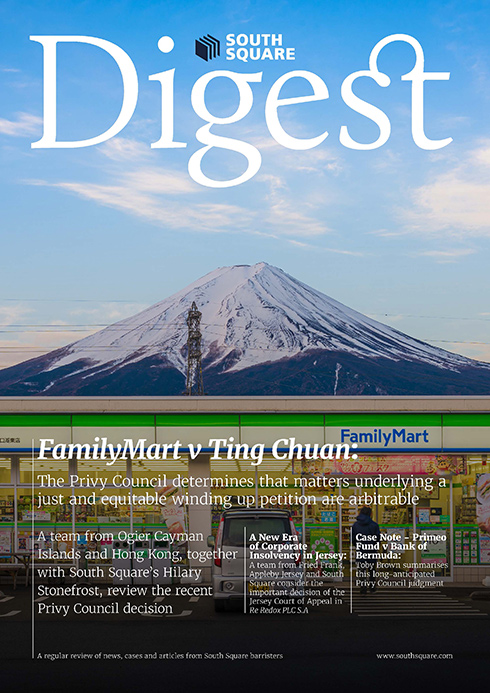BTI is one of the most important decisions in insolvency and company law ever to reach the UK’s highest court. It is a welcome decision. It clarifies how directors should comply with their duties to creditors, and therefore how they should be advised. It will also shape insolvency law in the UK and across the common-law world for years to come.
BTI was about a €135 million dividend paid by Arjo Wiggins Appleton to its sole shareholder, Sequana. Lord Briggs, writing for the majority, upheld the Court of Appeal’s judgment that the payment did not breach the duties of Appleton’s directors. The key points from his judgment are that:
(1) There is a duty to have regard to the interests of creditors, and that duty is preserved by s 172(3) of the Companies Act 2006.
(2) The duty is a part of the directors’ fiduciary duties to act in good faith for the benefit of the company. It is not a free-standing duty owed to creditors. In essence, when the duty is triggered, the “interests of the company” expand to include the interests of the company’s creditors as a body. The majority called this the “creditor duty”.
(3) The “creditor duty” is triggered when the company is insolvent or bordering on insolvency. A “real risk of insolvency” is not enough. The duty can also arise prior to insolvency. The court left the issue of when the duty arises before an insolvency opens, but the court did suggest that it could be engaged where there is imminent insolvency of which the directors know or ought to know.














